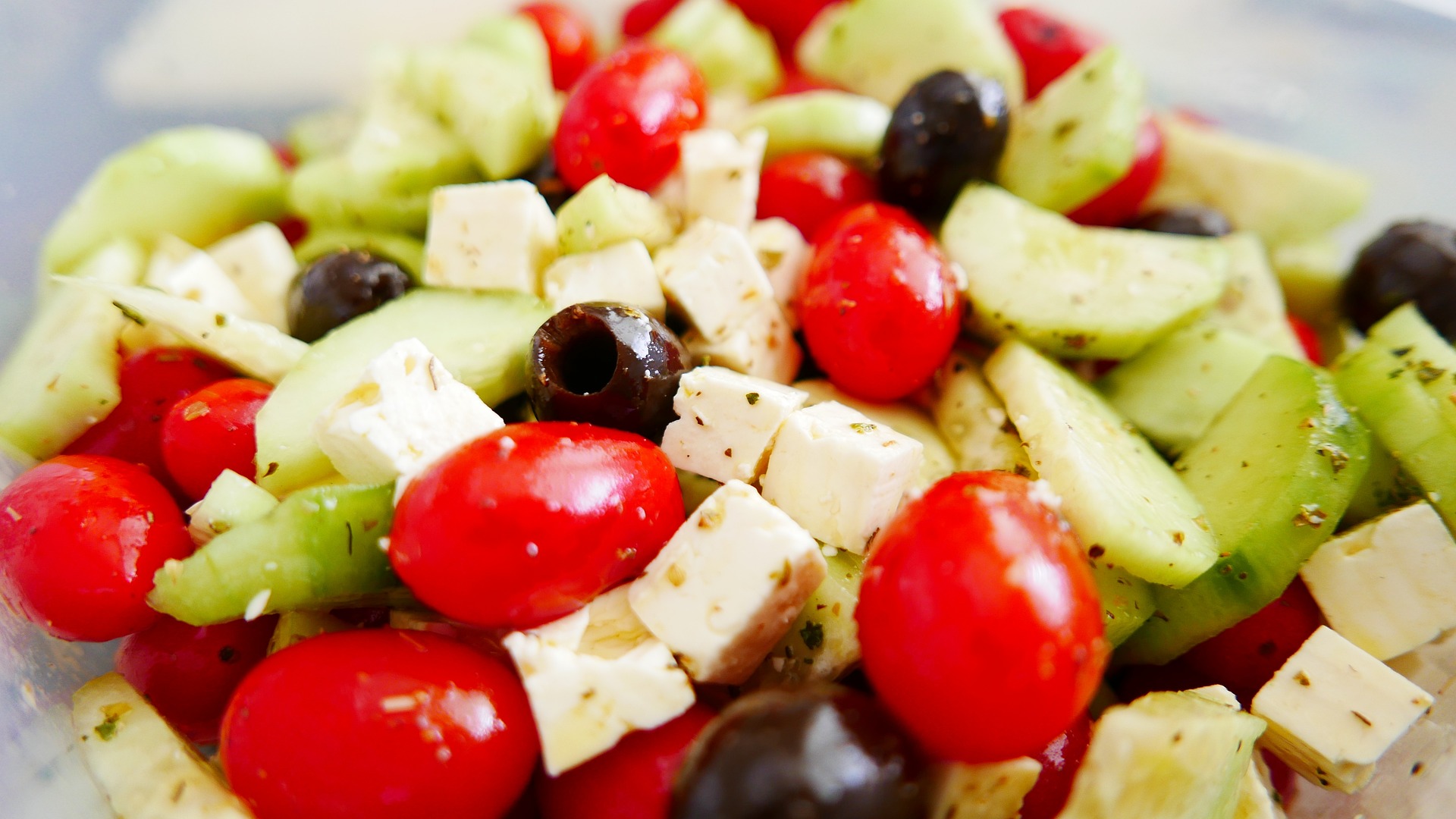In a widely reported study, it was claimed that adhering to the Mediterranean diet could reduce the risk of early death in women by a quarter. However, upon closer examination of the research conducted by Dr. Zoe Harcombe, it becomes evident that the study’s conclusions may be misleading. Dr. Harcombe sheds light on several crucial aspects that challenge the validity and significance of the findings. Let’s delve into the details and explore why the sensationalized claims may not hold up under scrutiny.
Dr. Harcombe highlights an important point regarding the definition of the Mediterranean diet used in the study. The researchers did not investigate the actual Mediterranean diet consumed in Mediterranean countries. Instead, they based their analysis on a fictitious version of the diet constructed by academia. The genuine Mediterranean diet includes a variety of animal foods, vegetables, and some fruits, with starchy carbs primarily derived from white rather than wholemeal sources. In contrast, the fictitious Mediterranean diet emphasized whole grains, legumes, vegetables, fruits, and olive oil, while reducing meat and dairy consumption.
The study’s methodology raises significant concerns. The researchers conducted a review of 16 population studies without any controlled trials specifically focused on women. This limitation prevents establishing a direct cause-and-effect relationship between the Mediterranean diet and reduced risk of early death in women. Moreover, the overall incident rate of cardiovascular disease (CVD) during the follow-up period was remarkably low, rendering the purported “quarter” reduction in risk relatively inconsequential.
Dr. Harcombe points out that the incident rate provided by the 16 studies was not adjusted for numerous confounding factors that influence CVD risk, such as smoking, age, alcohol consumption, exercise, income, education, diabetes, and hormone replacement therapy. The failure to account for these crucial variables compromises the foundation of the review and raises doubts about the accuracy of the conclusions drawn.
By analyzing the unadjusted incident rate, Dr. Harcombe reveals that the absolute risk difference associated with the Mediterranean diet is inconsequential. Applying the “quarter” reduction in risk to the low incident rate of 4% over 12.5 years yielded an absolute risk difference of 0.8%, or 8 in 1,000. When considering the yearly risk difference, this translates to a mere 6 in 10,000. These numbers demonstrate that the purported benefits of the Mediterranean diet, as reported in the headlines, are far less significant than they appear.
Thanks to widespread media coverage, many women may mistakenly believe that adopting the fictitious Mediterranean diet will substantially reduce their risk of early death compared to those who do not follow this eating pattern. However, as Dr. Harcombe points out, the true Mediterranean diet consumed in Mediterranean countries differs significantly from the one portrayed in the study. Genuine Mediterranean cuisines feature a wide range of foods, including cured meats, red meat, fish, dairy products, and cheese, with limited emphasis on legumes and fruits. The misrepresentation of the Mediterranean diet further undermines the validity of the study’s conclusions.
Dr. Harcombe’s critical analysis brings much-needed clarity to the exaggerated claims surrounding the Mediterranean diet and its impact on women’s mortality. The study’s flaws and limitations, coupled with the insignificant absolute risk difference, challenge the notion that adhering to this specific diet can drastically reduce the risk of early death.
It is crucial to approach scientific studies with a discerning eye, especially when their findings are sensationalized in the media. Dr. Harcombe’s analysis highlights the importance of critically evaluating research methodologies, considering potential biases, and questioning the validity of claims before accepting them at face value. By maintaining a skeptical and informed mindset, we can navigate through the noise and uncover the truth behind health-related claims, making more informed decisions about our diets and lifestyles.
https://www.zoeharcombe.com/2023/05/mediterranean-diet-women-heart-disease/
Image by lauraborowski from Pixabay


Leave a Reply